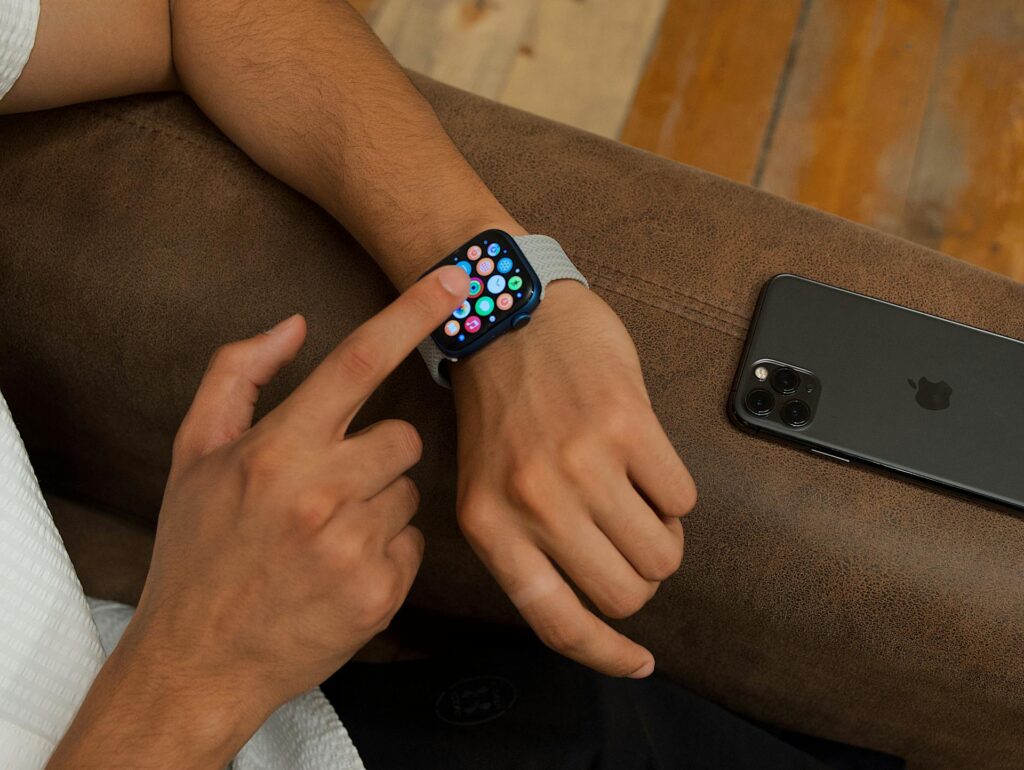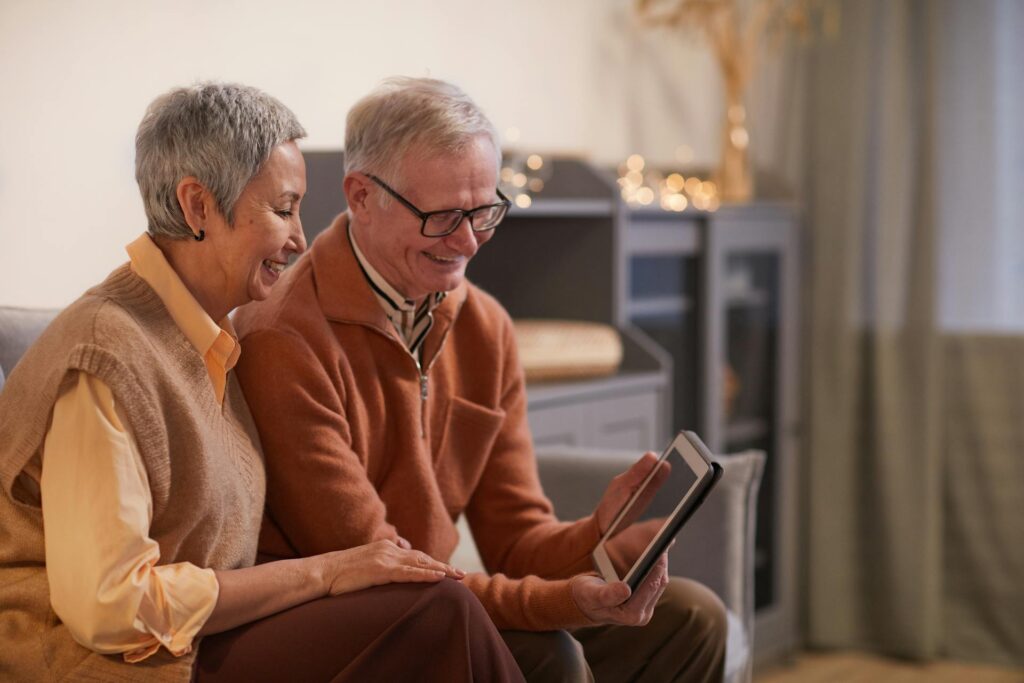As we age, maintaining independence and quality of life becomes increasingly important. Fortunately, advancements in technology are making it easier for seniors to live independently and stay connected with their loved ones. From smart home devices to wearable health monitors, the modern world offers a variety of tools that support seniors in managing daily tasks, ensuring safety, and improving overall well-being. These assistive technologies are designed to enhance comfort, safety, and efficiency, allowing seniors to remain in their homes for longer periods without feeling isolated or restricted.
In this blog post, we’ll explore some of the most popular assistive technologies that can help seniors live independently and confidently.
Smart Home Devices
The convenience of smart home devices has revolutionized the way we interact with our living spaces. For seniors, these devices can make daily tasks much easier and more manageable. Smart thermostats, for example, allow seniors to set the temperature of their homes from their smartphones or voice assistants, ensuring that they remain comfortable at all times. No more having to adjust the thermostat manually or worry about leaving the heat or air conditioning running for too long.
Smart lights are another game-changer. Seniors can control the lighting in their homes without getting up from their chair or bed. Motion-sensor lights can also be installed in hallways or bathrooms, reducing the risk of falls during the night. In addition, smart security systems with cameras, motion detectors, and doorbell cameras allow seniors to monitor their homes remotely, offering peace of mind and security.

Health Monitoring Tools
Health monitoring tools are essential for seniors who want to track their well-being and stay on top of any potential health concerns. Wearable devices like smartwatches or fitness trackers can monitor heart rate, blood pressure, and even sleep patterns, providing real-time feedback to both seniors and caregivers. These devices can alert users to abnormal readings or signs of a health issue, prompting them to seek medical attention when necessary.
Another important tool is fall detection technology, which is now integrated into many wearable devices. This feature automatically detects if the wearer has fallen and can send an alert to a designated contact or emergency services. Fall detection is particularly beneficial for seniors who live alone, as it provides an added layer of safety in the event of an accident.

Mobility Aids
For seniors with limited mobility, modern mobility aids can significantly improve independence and quality of life. Electric scooters, for example, allow seniors to move around more easily, whether they’re navigating their home or going for a walk outside. These scooters are designed to be lightweight, easy to maneuver, and offer comfortable seating, making them ideal for those who have difficulty walking long distances.
Walkers and canes with advanced features are also widely available. Some include built-in seats, which allow seniors to take a break whenever needed, while others have wheels for smoother movement. Stairlifts and chairlifts are also valuable tools for those with mobility issues, enabling seniors to access different levels of their home safely and independently.
Voice Assistants
Voice assistants such as Amazon Alexa, Google Home, and Apple Siri are incredibly useful tools for seniors who may have difficulty using traditional devices like smartphones or remote controls. These voice-activated systems allow users to perform various tasks simply by speaking. Seniors can use voice assistants to control lights, adjust the thermostat, play music, set reminders for medications, or even make phone calls to family members—all hands-free.
Voice assistants also integrate with other smart home devices, making it easier for seniors to manage their environment. With just a few words, they can lock doors, turn off appliances, or set up a security system, giving them a greater sense of control and security.
Conclusion
Technology has made significant strides in improving the lives of seniors, offering tools that help them live more independently and comfortably at home. From smart home devices that make daily tasks easier to health monitoring tools that provide peace of mind, assistive technology is designed to enhance quality of life. Mobility aids and voice assistants further support seniors in staying active and connected, while minimizing the risks associated with aging.
Embracing these technologies can empower seniors to remain in their homes longer, engage in activities they enjoy, and continue to live life on their own terms. With the right tools, aging doesn’t have to mean losing independence—it can mean embracing a future where technology works to your advantage.
TotalCare Concierge can incorporate these technologies into how we provide care enhancing your quality of life and independence.

